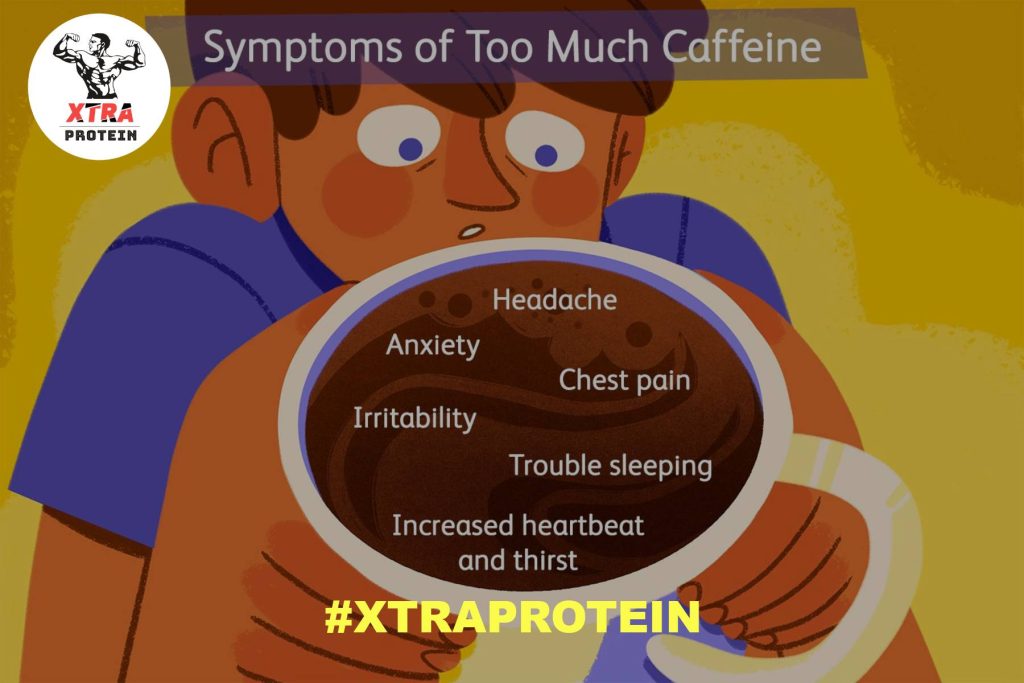
The Dangers of Too Much Caffeine
The Dangers of Too Much Caffeine
The Dangers of Too Much Caffeine: Caffeine is a widely consumed psychoactive stimulant in various beverages and food products. While it is generally considered safe when consumed in moderation, excessive caffeine intake or individual sensitivity to caffeine can lead to a range of side effects, one of which is shortness of breath.
Here are some key points to consider regarding caffeine and shortness of breath:
- Stimulant Effect: Caffeine is known for its stimulant properties. It can increase heart rate and blood pressure, leading to a feeling of alertness and energy. However, in some individuals, mainly those sensitive to stimulants, this can result in feelings of palpitations or a racing heart, which might be perceived as shortness of breath.
- Anxiety and Nervousness: High doses of caffeine can lead to feelings of anxiety and nervousness. These psychological effects may manifest physically, causing a sensation of breathlessness or hyperventilation.
- Acid Reflux: Caffeine can relax the lower oesophagal sphincter, leading to acid reflux or heartburn. In some cases, acid reflux can irritate the airways, potentially causing coughing or a sensation of breathlessness.
- Dehydration: Caffeine is a diuretic, meaning it can increase urination and potentially lead to dehydration. Dehydration can result in various symptoms, including a dry throat and difficulty breathing.
- Individual Sensitivity: People vary in their sensitivity to caffeine. Some individuals can tolerate high doses without adverse effects, while others may experience side effects, including shortness of breath, with even modest caffeine consumption.
- Underlying Health Conditions: If you have underlying health conditions, such as asthma, chronic obstructive pulmonary disease (COPD), or cardiovascular issues, caffeine may exacerbate symptoms or interact with medications, potentially causing shortness of breath.
If you experience persistent or severe shortness of breath that you suspect is related to caffeine consumption, it’s essential to consider the following steps:
- Reduce Caffeine Intake: Cut back on your caffeine consumption. This may involve limiting or eliminating caffeinated beverages or foods.
- Stay Hydrated: Ensure you drink enough water to prevent dehydration, which can exacerbate caffeine-related symptoms.
- Monitor Your Symptoms: If shortness of breath persists or worsens, consult a healthcare professional, especially if you have pre-existing health conditions.
- Manage Stress and Anxiety: Practice stress-reduction techniques such as deep breathing, mindfulness, or meditation to alleviate anxiety-related breathlessness.
- Individual Tolerance: Recognize that personal tolerance to caffeine can vary significantly. It’s essential to find your balance when it comes to caffeine consumption.
In summary, while caffeine is generally safe for most people when consumed in moderation, it can lead to shortness of breath in some individuals, primarily due to its stimulant effects, anxiety-inducing properties, and other factors. If you experience persistent or severe symptoms, it’s advisable to consult with a healthcare professional for a thorough evaluation and personalized guidance.
